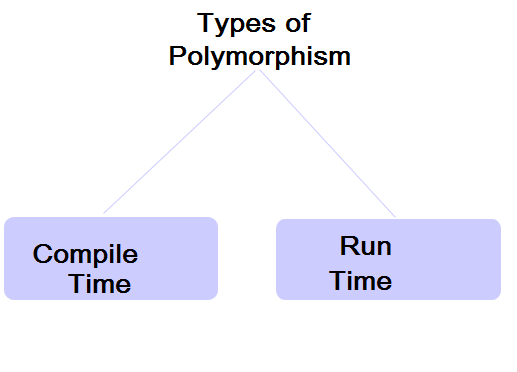Intro of JAVA
Learn Java
Object oriented programming is methodology where we design program using classes and objects.Java is an object oriented language. Being object oriented Java support following concept of OOPs:-
Inheritance is property of an object to acquire all the properties and behaviour of its parent object.Inheritance represents parent-child relationship where parent class is also known as super class and child class is known as sub class.
Syntax:-
class Subclass extends Superclass { //methods }
Polymorphism is propert of an object which allows it to take multiple forms.

is also known as Static polymorphism.It is resolved during compiler time.Overloading is an example of compile time polymorphism.
is also known as Dynamic polymorphism.It is resolved during run time.Overriding is an example of run time polymorphism.An override method is call through reference variable of super class.
Abstraction is the methodology in which internal details hide from users,only necessary information provided to user.
It is process of wrapping up data and code into single unit.It's also known as data hiding because variables of class are hidden from other classes and can be accessed only through methods of their current class.